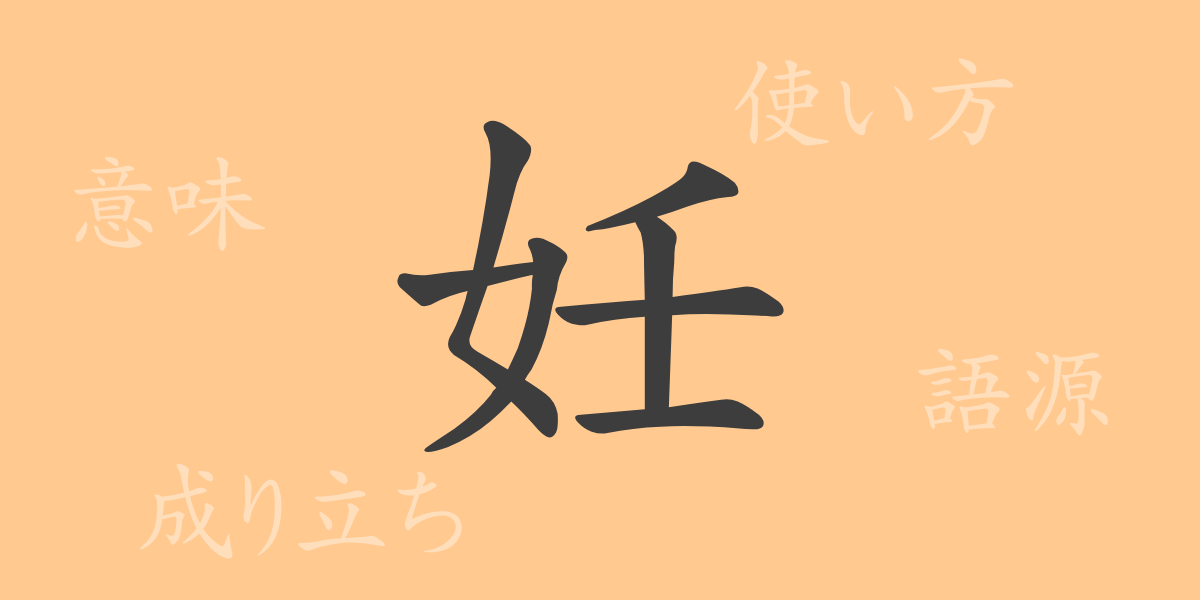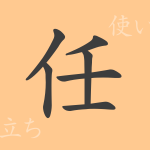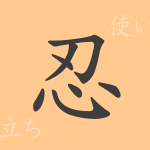The depth of meaning in a single Kanji character narrates the richness of Japanese culture and language. This article focuses on the Kanji ‘妊 (にん)’, a character everyone encounters at significant moments in life. What history and meanings are imbued in ‘妊’? We will delve into the origins, readings, and usage of ‘妊’, including phrases and idioms where it appears, uncovering the full scope of this character.
Origins of ‘妊 (にん)’
The Kanji ‘妊’ has been used since ancient times in China, relating to women. Originating from oracle bone script, it depicted a pregnant woman’s profile, symbolizing women and the birth of life. This form evolved over time, linking ‘妊’ not only to physical pregnancy but also to cultural elements related to femininity and life creation.
Meaning and Usage of ‘妊 (にん)’
‘妊’ primarily means ‘to conceive’ or ‘to carry a child’. Typically, it describes the state of a woman being pregnant. However, it also extends metaphorically to phrases like ‘ideas conceiving’, reflecting the nurturing of something internally.
Readings, Stroke Count, and Radical of ‘妊 (にん)’
The Kanji ‘妊’ comes with multiple readings and an understanding of its structure.
- Readings: On’yomi ‘ニン’, Kun’yomi ‘はらむ’, ‘みごもる’
- Stroke Count: Total of 10 strokes
- Radical: ‘女 (おんなへん)’ indicating the female radical
Phrases, Idioms, and Proverbs Using ‘妊 (にん)’
‘妊’ appears in various phrases and idioms that are prevalent in everyday Japanese.
- 妊娠 (にんしん) – To be pregnant.
- 妊婦 (にんぷ) – A pregnant woman.
- 妊活 (にんかつ) – Activities aimed at becoming pregnant.
- 懐妊 (かいにん) – An archaic term for pregnancy.
These terms are commonly heard in daily conversations, especially in medical and welfare contexts, making ‘妊’ a significant word in Japanese.
Conclusion on ‘妊 (にん)’
The Kanji ‘妊’ deals with the profound theme of the birth of life, underscoring its importance. As a common character used in various contexts, it symbolizes the mystical process of pregnancy. Moreover, ‘妊’ in language not only represents the start of new life but also the nurturing of new ideas or plans, embodying a wide range of meanings. The hopes and expectations imbued in ‘妊’ resonate deeply within people’s hearts.

























